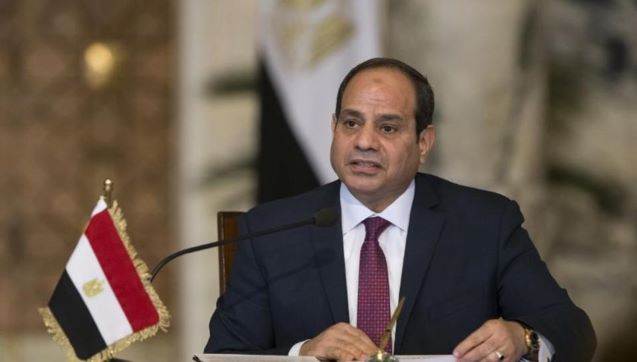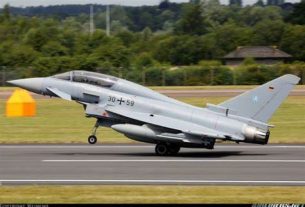CAIRO: Egyptian President Abdel Fattah al-Sisi warned America’s top general during a meeting on Sunday of the dangers of a major conflict in Lebanon.
U.S. Air Force General C.Q. Brown, chairman of the Joint Chiefs of Staff, arrived in Egypt hours after a significant missile exchange between Israel and Lebanese Hezbollah.
Hezbollah launched hundreds of rockets and drones at Israel and Israel said it struck Lebanon with about 100 jets to thwart a bigger attack, in one of the largest clashes in more than 10 months of border warfare.
In a statement, Sisi’s office said the Egyptian leader told Brown that the international community needed to “exert all efforts and intensify pressures to defuse tension and stop the state of escalation that threatens the security and stability of the entire region.”
“(Sisi warned) in this regard of the dangers of opening a new front in Lebanon, and stressing the need to preserve Lebanon’s stability and sovereignty,” the statement read.
Brown did not make public remarks during his visit, on which he also met the defence minister and the country’s chief of defense.
In remarks to Reuters prior to arriving in the region on Saturday, Brown said he aimed to discuss ways to avoid any new escalation in tensions that could spiral into a broader conflict.
Brown’s spokesperson said the U.S. general discussed ways “to deter the conflict from broadening” during the meetings.
Prior to his Egypt trip, Brown met Jordan’s Chairman of the Joint Chiefs Maj. Gen. Yousef Al-Huneiti in Amman.
In a statement, Brown’s spokesperson said the two military leaders discussed “regional tensions and efforts to deescalate them.”
They also discussed “the urgency of bringing the Gaza ceasefire and hostage release deal to closure,” the statement said.
Negotiators have been meeting in Cairo trying to clinch a still-elusive Gaza ceasefire-for-hostages deal between Israel and Palestinian militant group Hamas.
U.S. President Joe Biden’s administration has been seeking to limit the fallout from the war in Gaza between Hamas and Israel, now in its 11th month. The conflict has levelled huge swathes of Gaza, triggered border clashes between Israel and Lebanon’s Iranian-backed Hezbollah movement and sparked attacks by Yemen’s Houthis on Red Sea shipping.
Meanwhile, U.S. troops have been attacked by Iran-aligned militia in Syria, Iraq and Jordan.
In recent weeks, the U.S. military has been bolstering its forces in the Middle East to guard against major new attacks by Iran or its allies, sending the Abraham Lincoln aircraft carrier strike group into the region to replace the Theodore Roosevelt carrier strike group.
The United States has also sent an Air Force F-22 Raptor squadron into the region and deployed a cruise missile submarine.
Beyond the dangers of a major escalation between Israel and Lebanon, U.S. officials are keeping a close eye out for any military moves by Iran.
Iran has vowed a severe response to the killing of Hamas leader Ismail Haniyeh, which took place as he visited Tehran late last month and which it blamed on Israel. Israel has neither confirmed or denied its involvement.__The Frontier Post





